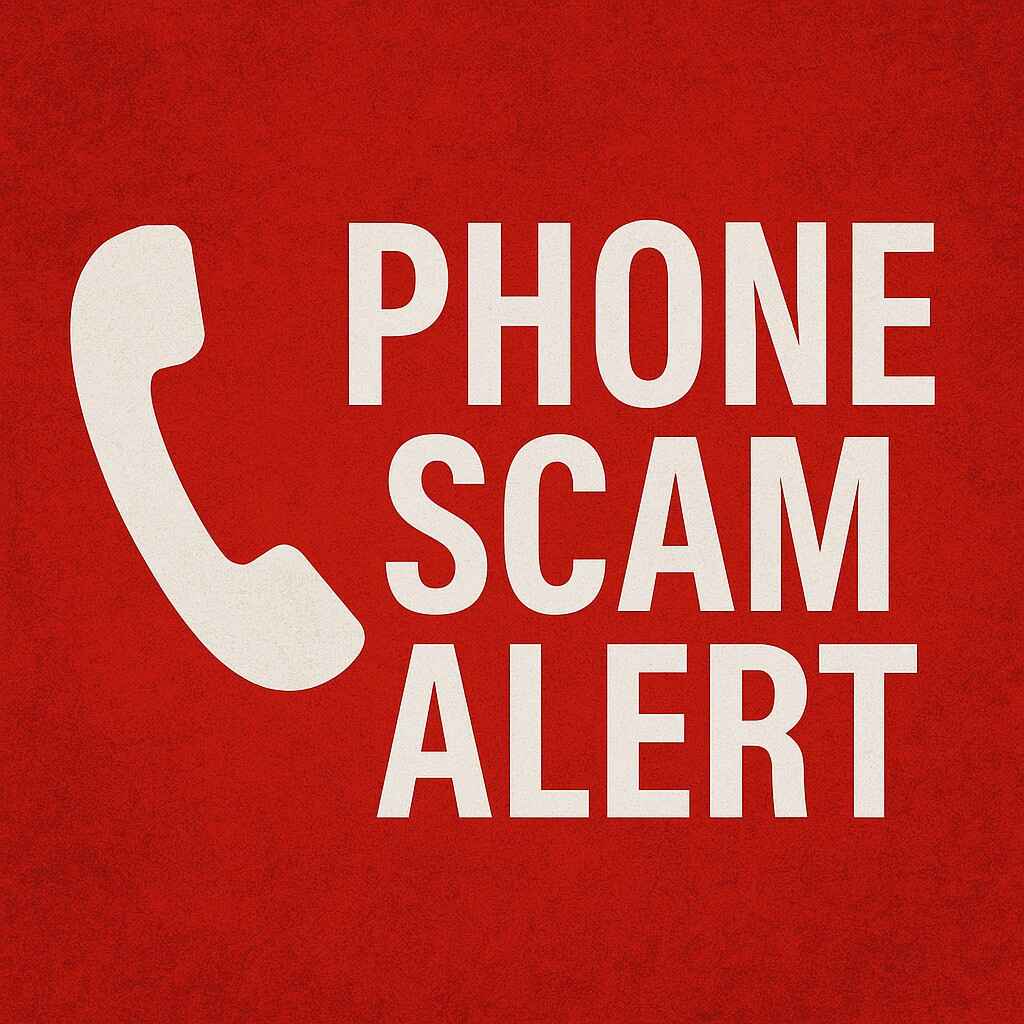Receiving a call from 866-295-8602 can be unnerving. This toll-free number is used by debt collectors and often flagged as a robocall. In this article, you will learn who is behind these calls, how to identify if they are legitimate, and what steps you can take to protect yourself. Knowledge is power when it comes to safeguarding your personal and financial well-being.
The Origin of 866-295-8602
Portfolio Recovery Associates (PRA) uses the number 866-295-8602 to contact individuals regarding old debts. PRA buys debt portfolios from creditors when accounts become delinquent. They then use automated systems and sometimes live agents to notify you about the outstanding debt.
Short calls, automated messages, or even silent calls are common with 866-295-8602. While many calls follow legal procedures, some reports indicate aggressive tactics that can be mistaken for scams. It is important to verify the legitimacy of the call before sharing any information.
Characteristics of Calls
Calls from 866-295-8602 typically come in one of two ways. They might be automated messages that barely ring before disconnecting, or they may come from a live agent. The common experience shared by many users is a brief ring followed by no voicemail or an unclear message. Reviews on platforms like 800Notes, Truecaller, and Nomorobo consistently mention these features.
The inconsistent quality of the call message can make it hard to determine if the call is genuine. This inconsistency is why it is critical to verify any debt information independently.
Identifying a Legitimate Call
If you receive a call from 866-295-8602, start by asking for written validation of the debt. Debt collectors are legally required to send you a validation letter that outlines the amount owed, the original creditor, and your rights under the law. Check your credit report for any corresponding entries to verify the information.
Comparing the details provided over the phone with the information on the official Portfolio Recovery Associates website is also recommended. This process helps differentiate between legitimate debt collection practices and potential scams.
Red Flags to Watch For
-
No written validation offered
-
Aggressive or unclear language
These two red flags indicate that the call may not be entirely legitimate and should be treated with caution.
Your Rights and Legal Protections
Under the Fair Debt Collection Practices Act (FDCPA), debt collectors must adhere to strict rules when contacting consumers. They are allowed to call only during certain hours, and they must send a written notice within five days of the initial contact. The FDCPA also gives you the right to dispute any debt in writing. If you do dispute it, collectors are required to cease contact until they provide proper validation.
In addition to federal law, many states have their own regulations that further protect you from abusive debt collection practices. If you feel harassed, you have the option to file complaints with agencies such as the Federal Trade Commission (FTC), the Consumer Financial Protection Bureau (CFPB), or even your state Attorney General.
Immediate Steps to Take
When a call from 866-295-8602 reaches your phone, do not share any personal or financial information. Instead, remain calm and take a few immediate actions:
-
Request Written Validation: Ask for a debt validation letter that details the debt and the original creditor.
-
Review Your Credit Report: Verify if the debt is listed on your credit report by using free annual services like AnnualCreditReport.com.
-
Document the Call: Record the date, time, and details of the call. This documentation can be useful if you need to file a complaint later.
These steps help you ensure that you are dealing with a legitimate debt collector and not a scammer trying to obtain your sensitive information.
How to Block and Report Unwanted Calls
Modern smartphones allow you to block unwanted numbers. Both iOS and Android provide built-in call-blocking features. In addition, third-party apps such as Nomorobo, Truecaller, and Robokiller can significantly reduce the frequency of calls from numbers like 866-295-8602.
If calls persist despite blocking, you should report them to appropriate regulatory agencies. Reporting unwanted calls helps authorities monitor and potentially take action against abusive debt collection practices.
Case Studies: Real-Life Experiences
Case Study 1: Verifying Debt Information
A consumer received a call from 866-295-8602 claiming a credit card debt was outstanding. The individual immediately requested a validation letter. When the letter arrived, it did not match the information on the consumer’s credit report. The consumer then contacted their credit bureau and discovered no record of the debt. This discrepancy led the consumer to conclude that the call was likely a scam.
Lesson: Always validate the debt with independent sources before engaging further.
Case Study 2: Blocking Harassing Calls
Another individual reported receiving multiple calls from 866-295-8602 over a short period. Frustrated by the constant harassment, they installed a call-blocking app. Within days, the number was successfully blocked, and the calls stopped. The consumer also filed a complaint with the FTC, contributing to broader efforts to monitor such practices.
Lesson: Modern call-blocking technology and prompt reporting can quickly put an end to harassing calls.
Tools and Resources
For those who wish to better manage incoming calls from 866-295-8602, several apps offer powerful tools for identification and blocking. These tools can help reduce the stress associated with frequent calls and protect your privacy.
Below is a table summarizing some popular apps and their key features:
| App | Key Feature | Platform |
|---|---|---|
| Nomorobo | Automatic robocall blocking | iOS, Android |
| Truecaller | Detailed caller ID and spam protection | iOS, Android |
| Robokiller | Aggressive spam filtering with reporting | iOS, Android |
These apps are designed to help you manage unwanted calls more effectively by automatically identifying and blocking numbers known for harassment or scams.
Deep Dive into Debt Collection Practices
Debt collectors, such as those using 866-295-8602, often operate in a gray area. While they must comply with legal standards, their methods can sometimes seem overly aggressive. PRA, the company behind this number, follows specific protocols when contacting debtors. They are legally obligated to provide details about the debt and must cease calls if you dispute the debt in writing.
It is crucial for consumers to stay informed about their rights. Reading up on the FDCPA and state-specific debt collection laws can provide additional insight into what is acceptable behavior. If you ever feel that a debt collector is overstepping boundaries, knowing these laws will help you take the right actions.
Protecting Your Financial Health
Beyond blocking and reporting unwanted calls, protecting your financial health means regularly monitoring your credit. Ensure that your credit report accurately reflects your financial history. Inaccurate debt collections or fraudulent entries can harm your credit score.
Routine checks with AnnualCreditReport.com can reveal discrepancies. If you notice any unfamiliar entries, promptly dispute them with the credit bureaus. This proactive approach not only safeguards your credit score but also helps you catch any scams early on.
Conclusion
Understanding 866-295-8602 equips you with the knowledge to navigate the complexities of debt collection and robocall harassment. By knowing who is behind the call, verifying debt details, and using modern technology to block unwanted calls, you take charge of your financial and personal security.
Remember to ask for debt validation, review your credit report, and document all interactions. Use trusted apps like Nomorobo, Truecaller, or Robokiller to minimize disturbances. Also, don’t hesitate to file complaints with the FTC, CFPB, or FCC if the calls persist.
Staying informed about your rights under the FDCPA and relevant state laws is your best defense against aggressive debt collection practices. With the right steps in place, you can protect yourself and ensure that your credit and personal information remain secure.















